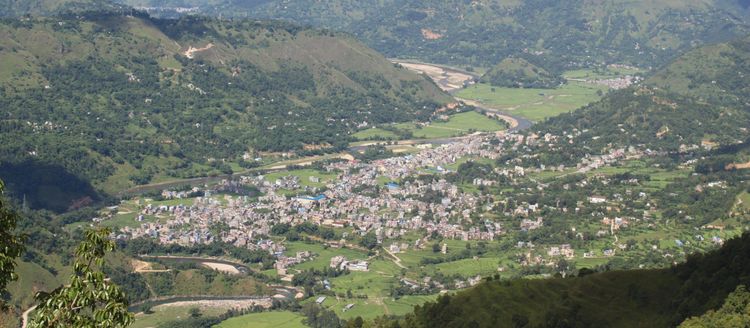Waling’s faecal sludge treatment plant as a recreation centre and learning hub
Contributed by Buddha Bajracharya and Bhawana Sharma, Environment and Public Health Organization

Contributed by Buddha Bajracharya and Bhawana Sharma, Environment and Public Health Organization
